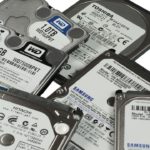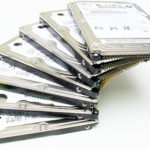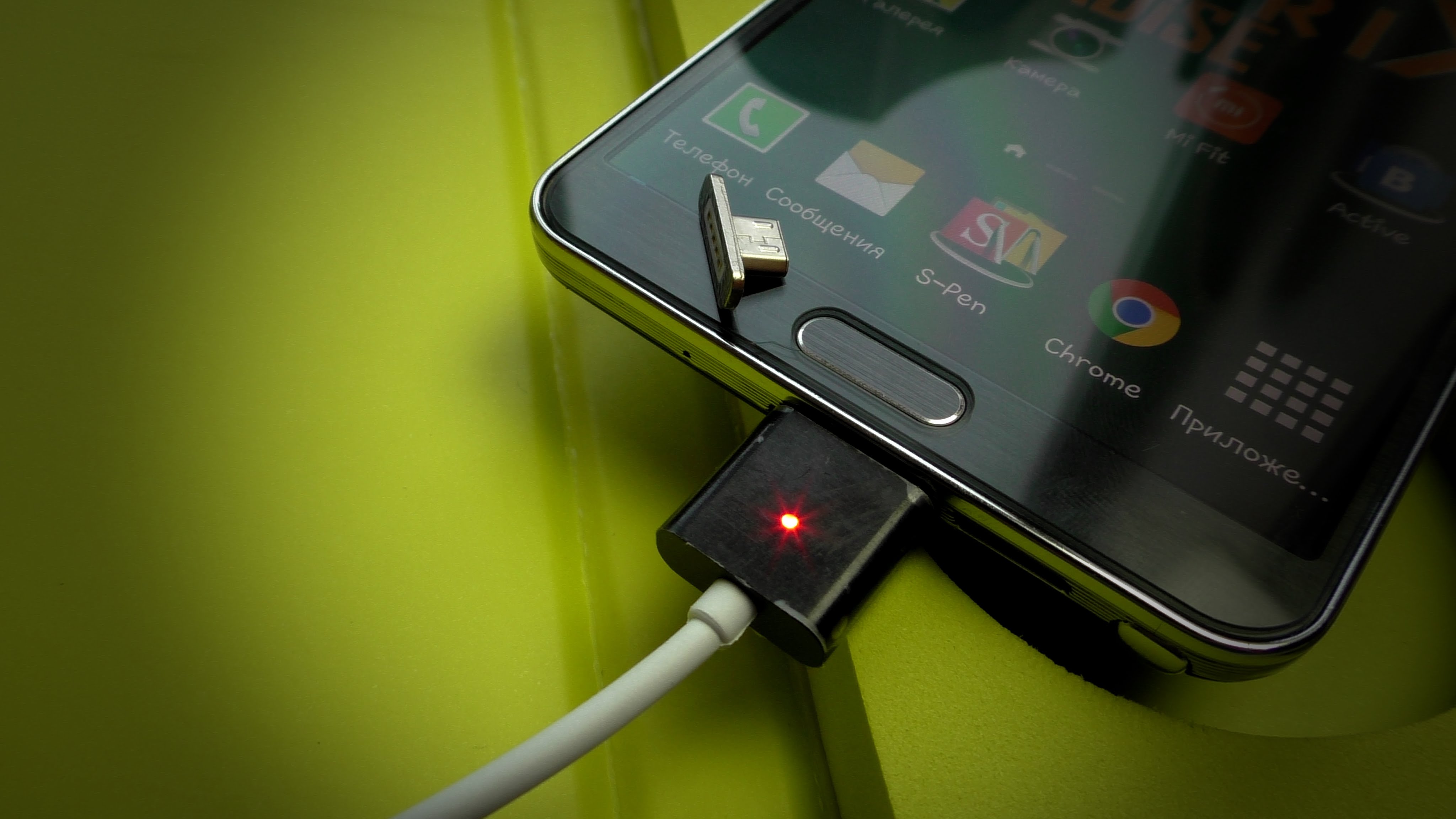Which hard drive is best for a laptop?
A hard drive is the main storage device used in most modern computers and laptops. The shelf life of this element is limited, so the time comes when it needs to be changed.
The content of the article
Which hard drive is best for a laptop?
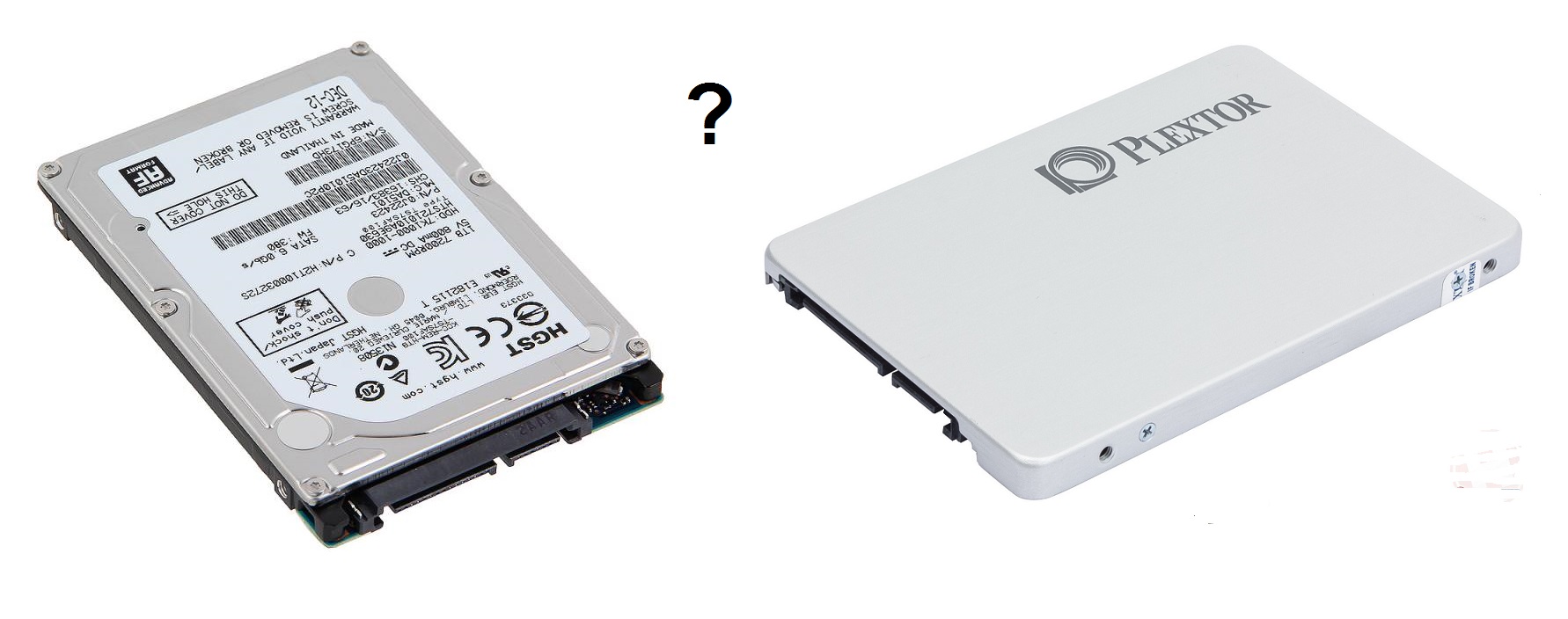 The most expensive item is not always the best of its kind. If a user wants to purchase a high-quality hard drive, this does not mean that he will have to spend a lot on this purchase.
The most expensive item is not always the best of its kind. If a user wants to purchase a high-quality hard drive, this does not mean that he will have to spend a lot on this purchase.
The most significant parameters of hard drives are speed, capacity and reliability. You need to choose from the types of storage devices that are supported by the laptop, otherwise they will not work.
A laptop differs from desktop computers in that it can be moved in space. Therefore, each of its components must be resistant to shocks, prolonged vibration, and sudden displacements in space. With regard to hard drives, these circumstances are important, since its design provides for the presence of a read head located directly above the disk that stores information. If the head is not installed securely, then with any shock it can once again touch the readable surface and damage it. Having a “parking system” will help prevent device failure.
The amount of internal memory is a function with which the user works directly.The larger the volume, the correspondingly more data can fit on the laptop when using this storage element. For those who do not intend to work with a large amount of data, the standard capacity will be sufficient, so this characteristic, although important, should not be decisive when choosing.
Reference! The operating speed depends on the number of disk rotations per minute, and, in turn, determines the boot time of the laptop and the duration of each task.
Traditionally, it is assumed that a laptop will be equipped with a special hard drive for mobile computers, but nothing prevents the user from connecting a drive from a personal computer to his device. The only thing he will have to put up with is some inconvenience:
- Dimensions. The size of a hard drive for a PC is very different from that intended for mobile computers. It will not be possible to fit it into a laptop case. It will dangle on the connecting wires nearby, which increases the chance of damaging it. You can, of course, tape the disk to the computer with insulating tape, but this directly depends on the owner.
- Level of energy consumption. Desktop computers are always plugged in and therefore do not need to be limited in the amount of power they consume. This also affects hard drives. They are more powerful, but the laptop battery will run out faster than with a standard storage device.
Before purchasing a storage device for a laptop, you should carefully study the characteristics of all suitable options and make a decision based on them.
Types of hard drives
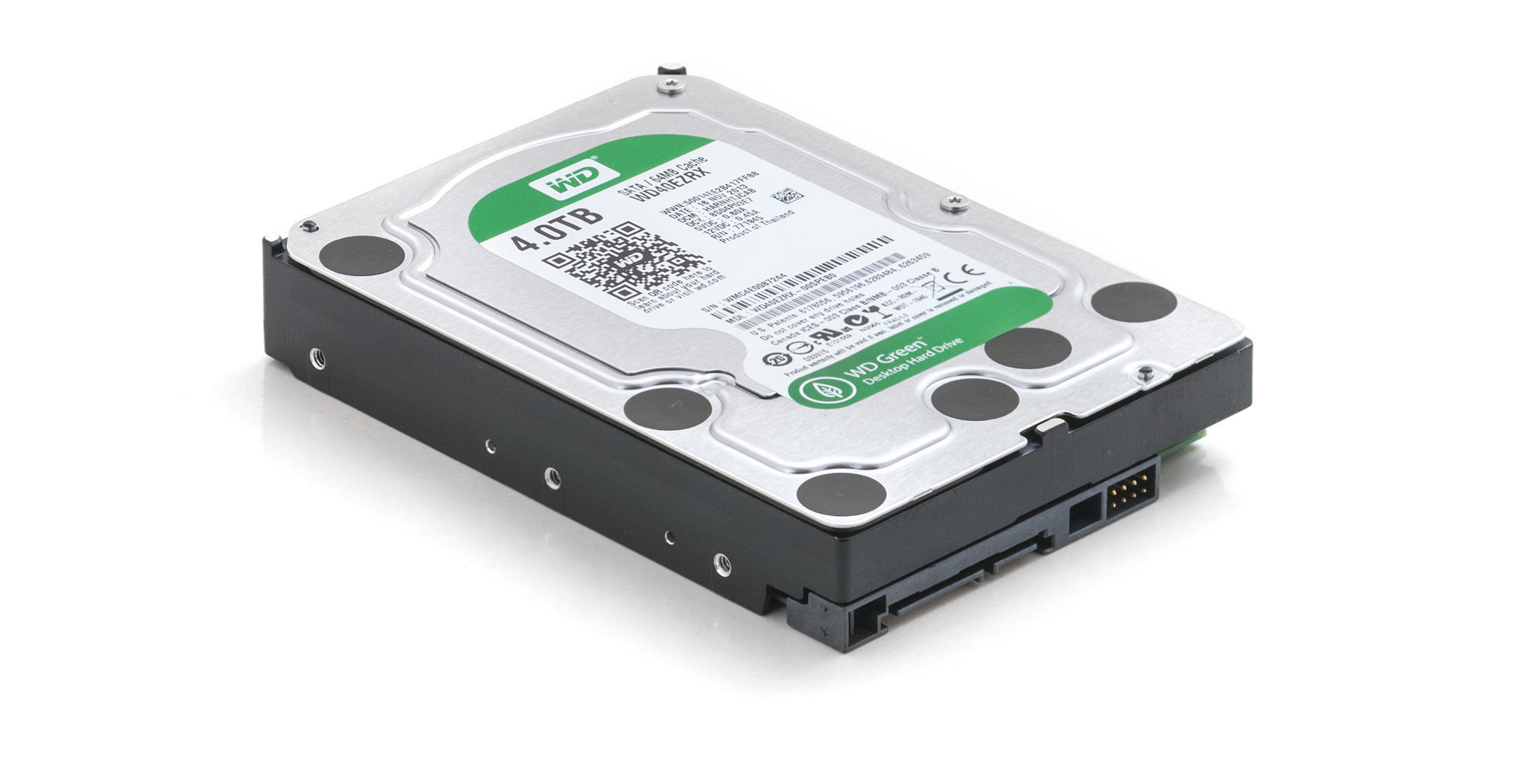 It will be difficult for an inexperienced user to begin to navigate the variety of storage devices flooding the market. Hard drives differ in several parameters, such as:
It will be difficult for an inexperienced user to begin to navigate the variety of storage devices flooding the market. Hard drives differ in several parameters, such as:
- Principle of operation. According to this criterion, drives are divided into two types: HDD and SDD. The first option is considered traditional, uses the mechanics of a magnetic disk, it is cheaper and more common. The second is solid-state, characterized by high data access speed, volume, lightness, compactness, noiselessness, and reliability. The only weakness of the second option over the first is its high cost.
- Dimensions. For technical reasons, the performance of hard drives varies depending on their size. They can be large (for PCs), medium (for laptops) and small (for other devices). Microstorage devices were developed but did not catch on due to limitations.
- Connection method. Depending on their purpose, hard drives are equipped with different connectors for attaching to the processor. It’s worth paying attention to this indicator, because if you can’t connect the charger to the laptop, you won’t be able to use it.
The hard drive stores all the data that may be on the computer, as well as settings parameters, preferences of the working user, etc. When the owner accesses certain files in the laptop interface, the hard drive mechanism reads the requested data, as well as those that may be requested in the future, for quick access. If the hard drive is empty and the data transfer speed is high, then a folder, even one filled with thousands of files, can be accessed in a microsecond.

